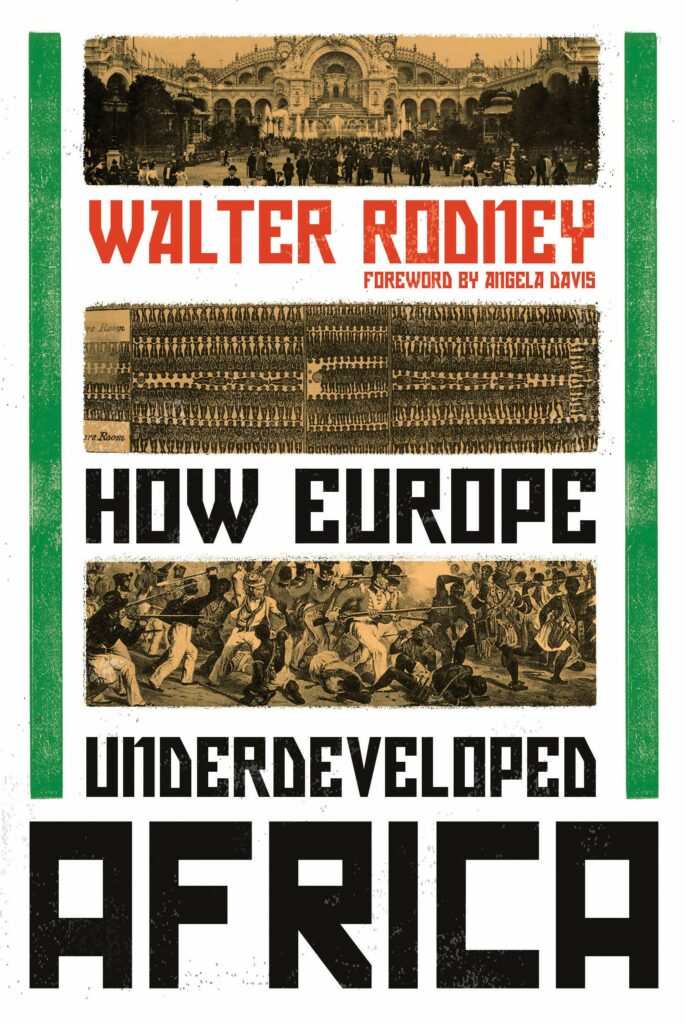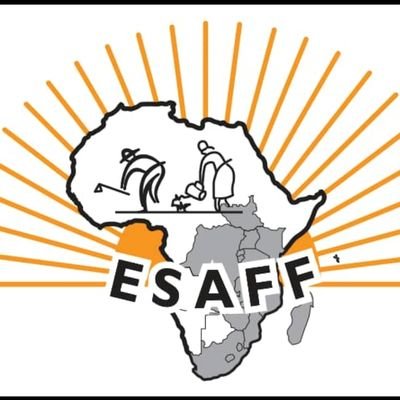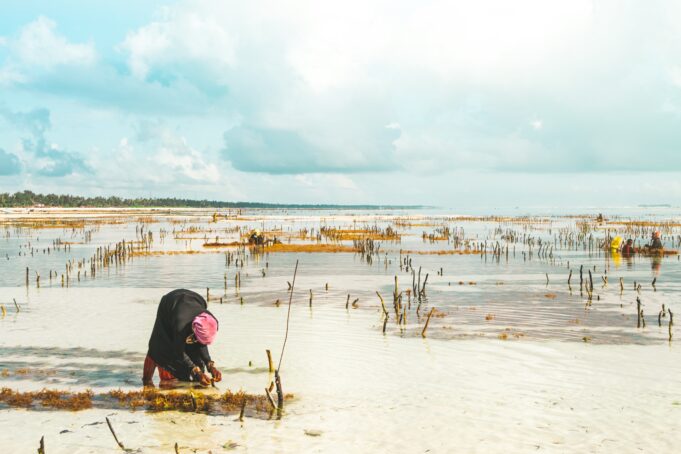Joe Mzinga is coordinator for Small Scale Farmers Forum in Eastern and Southern Africa. He told Africa Watch from his home in Dar Es Salaam that blaming Russia’s invasion of Ukraine for Africa’s agricultural woes is just the latest iteration of the Motherland’s agricultural problems.

Mzinga, who coordinates the group’s 2.4 million small scale farmers’ membership in 16 countries, said during a phone interview from Tanzania that Africa’s agricultural issues date back to the World Bank and International Monetary Fund’s structural adjustment program, Europe and America. The program encourages Africa to embrace free trade and the consequences that included youth fleeing rural area farming for a better life in Africa’s urban centers.
Mzinga, who has a master’s degree in international relations from Warsaw University in Poland, emphasized an obvious but inconvenient truth and reality—the ongoing remnants of colonialism—as outlined in Dr. Walter Rodney’s historic 1973 book, “How Europe Underdeveloped Africa,” published in Tanzania.

According to Mzinga, by the time African governments woke up and said, “We need to support agriculture … it was too late,” the 30-year “external policies” that led to the damage had already had their effect. “The devastation was very high, and hunger (in Africa) was rampant,” he explained.
A case in point is the 2010 study published in the Proceedings of the National Academy of Sciences. The continent of Africa was literally pushed to rollback government involvement in development and instead was forced to rely on the private sector. Government services shrunk, cash crops were pushed over staples, while tariffs and subsidies were abolished, the study noted.
According to the study: “The insistence on free trade was meant to spur economic growth, but instead undercut traditional agricultural systems that had worked for centuries, eventually leading to a food crisis, which left millions hungry, caused multiple food riots, and destabilized governments.”
The real killer or demon in the seeming inability of Africa’s ability to feed itself is due to European and United States interference, Mzinga noted.
A new witch’s brew in this interference is the “Countering Malign Russian Activities in Africa Act.” It’s a U.S. bill, sponsored by New York congressman and attorney Gregory Weldon Meeks, a Democrat and Black man who chairs the House Committee on Foreign Affairs.
The bill is designed to “hold to account African governments and their officials who are complicit in aiding (Russia’s) malign influence and activities.” Or as the Institute for Security Studies says, the “bill … would oblige Washington to punish African governments that abet Russian ‘malign’ activities on the continent. …”
In a Daily Maverick analysis, Peter Fabricius explains, that the bill, which passed the House of Representatives on April 27 by a huge, bipartisan 419-9 majority and is being fast tracked through the Senate, is designed to instruct the U.S. Secretary of State “to develop and submit to Congress a strategy and implementation plan outlining U.S. efforts to counter the malign influence and activities of the Russian Federation and its proxies in Africa.”
The bill would give the American government, via U.S. foreign aid programs, the ability to hold accountable the Russian Federation and African governments and their officials who the U.S. determines are complicit in “aiding such malign influence and activities.”
Meeks actually shaped his mouth, in his “Cold War-esque” remark, claiming the bill is supportive of Africa and intended to protect “innocent” Africans who have been “victimized by Putin’s mercenaries and agents … .”

There are no reports that Africa was consulted for a “Countering Malign Russian Activities in Africa Act.”
In fact, Africa has a long, non-colonial history with Russia or Soviet Union dating back to the Cold War, as outlined in Susan Williams’ 2021 600-page book, “White Malice: The CIA and the covert recolonization of Africa.” Williams brutally recounts U.S. clandestine operations to do everything in its power, including assassination, to undermine African liberation, and to deny Russian support for Africa. Current African-Russian history includes South Africa’s long history as a member of BRICS, which is an acronym for Brazil, Russia, India, China and South Africa, and the 2019 Russia-African Summit in Sochi, Russia, and the planned November 2022 Russia-African Summit.
Nosmot Gbadamosi said it best. In her recent Foreign Policy piece: “How The West Lost Africa,” she wrote, “… scolding and paternalism are not winning over African leaders when it comes to ties with Russia.”
On a continent that has the largest number of foreign military operations and outposts, Africa’s young and increasingly cynical population perceives U.S. policies focused on China and Russia, in which African countries are merely pawns in a so-called great-power game, as an objectionable way to build partnerships,” wrote Gbadamosi. See related coverage on page 3.
Follow @JehronMuhammad on Twitter













